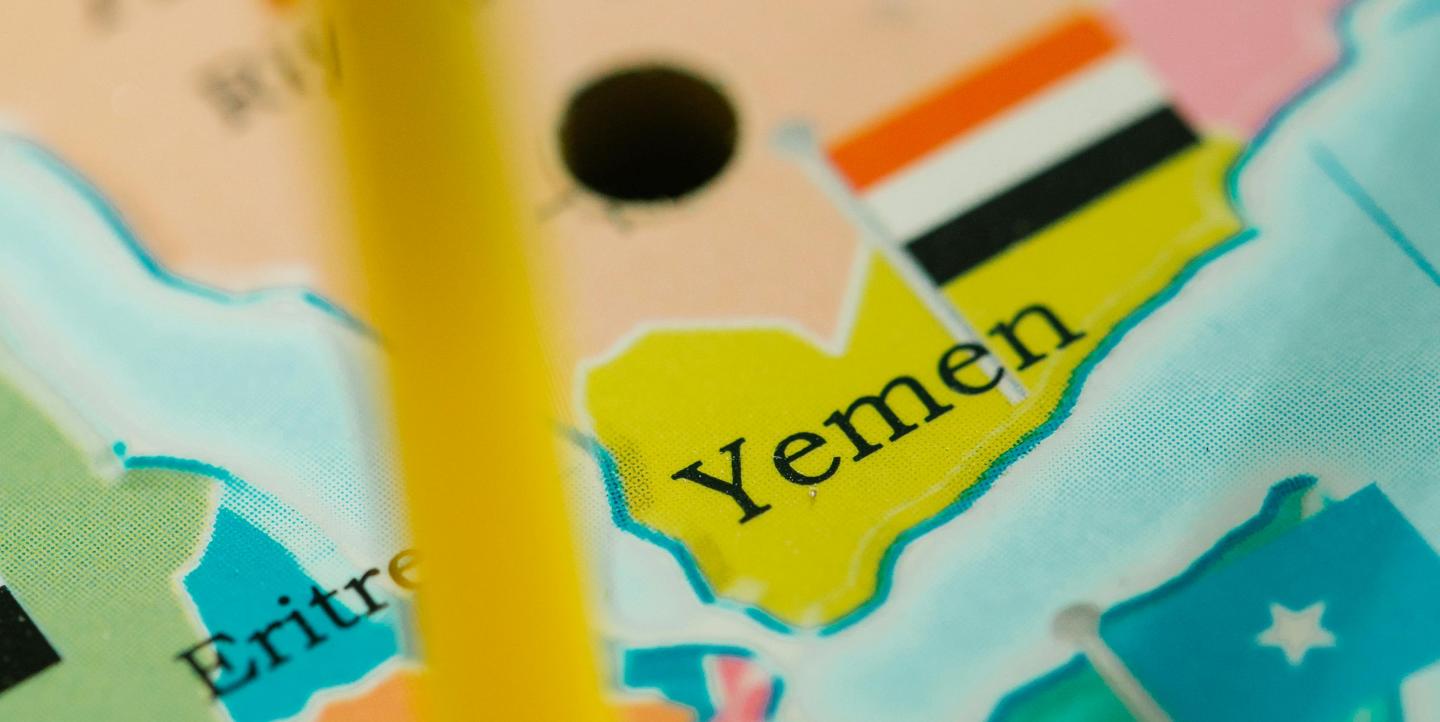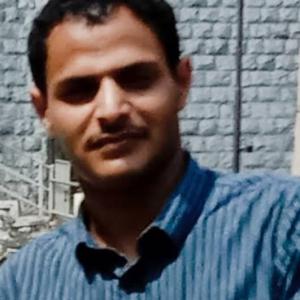Yemen’s decade-long civil war has posed significant risks for independent journalists.
Since the war’s outbreak in 2015, the warring sides – the Houthis in the north, and the U.N.-recognized Yemeni government and separatist Southern Transitional Council (STC) in the country’s south – have accused independent journalists of promoting disinformation and engaging in espionage, placing their safety at risk. Journalists have been threatened, kidnapped and arbitrarily arrested.
The Yemeni Journalists Syndicate (YJS) has documented the killing of 45 journalists since the conflict began. Six journalists are currently detained by various armed groups.
As the war drags on, the future of independent journalism in Yemen is placed further in doubt.
Hostile authorities
Fighting has been halted since April 2022, yet Yemeni journalists continue to find themselves at risk. YJS’s 2024 biannual report documented 41 violations against journalists and media outlets in the first half of 2024, including threats, incitements to violence, and kidnappings.
In early May, a gunman attacked the secretary general of the YJS, Mohammed Shubaita, in the capital city of Sanaa, killing his cousin and wounding Shubaita.
The YJS held the Houthi de facto authorities in Sanaa responsible for the attack. Authorities later said the incident was the result of fighting between security forces and armed men, with Shubaita caught in the crossfire.
Self-censorship
Before the war, Yemeni journalists were able to move freely about the country without fear of being detained, kidnapped, assaulted or killed. Reporting in the field is a much greater challenge today as a result of the country’s fragmentation into multiple authorities and militant groups.
To keep safe, independent journalists in Yemen frequently practice self-censorship. For instance, when covering humanitarian issues they may use softer language around mentions of the warring sides, and hold off on more sensitive reporting in favor of topics such as sports or environmental issues.
Mohammed Al-Samaei, a journalist based in Yemen's southwestern Taiz province, said that although journalists often elect not to cover politics and military-related topics that can draw the hostile attention of the warring factions, it does not guarantee their safety.
"Field coverage is risky whether a journalist tells a story about war or entertainment. The parties to the conflict doubt the intentions of journalists, and some consider them spies," Al-Samaei said. "Because of this, the productivity of media workers lessens, and the quality of journalism gets hurt.”
Job scarcity
As many independent media outlets in Yemen have closed during the war, the number of media institutions associated with the warring sides has risen.
Approximately 119 magazines and newspapers have stopped publishing since September 2014, when the Houthis took over Sanaa, according to the YJS. Today, only 13 independent or government-affiliated newspapers remain operating in Yemen.
As a result, many journalists have left journalism for jobs in other fields. Even when journalists have work, they receive low pay and work without contracts - around US$150 to $200 per month.
"Many journalists work without employment contracts for little money, and many local and foreign media outlets refuse to sign contracts with media workers in Yemen," the YJS stated in its report.
Lack of safety training
Journalists reporting on Yemen’s civil war must receive safety training – but courses are in short supply.
"Knowing how to narrate a story and answer the five Ws – who, what, when, where and why – questions cannot protect journalists against potential harm during field coverage,” said Al-Samaei. “Occupational safety training can. However, media institutions in Yemen do not prioritize such programs.”
The few organizations offering safety training for journalists include the YJS, the Studies and Economic Media Center, and the South 24 Center for News and Studies.
Recommendations for journalists
Given the hostile press environment in Yemen, journalists should be extra cautious before embarking on field coverage. When possible, journalists need to acquire necessary permits from the authorities where they will be reporting before going into the field. Without credentials, authorities may regard journalists as potential enemies or spies.
Journalists in Yemen should stay away from the front lines, missile launch platforms, and military vehicles. When the exchange of fire intensifies, fighters often resort to heavy shelling and bombardment, which can hurt or kill journalists even if they are not being directly targeted.
Journalists should be careful about what they post on social media, too, such as avoiding inflammatory language about a given group or posts that support a given side in the conflict.
As the political instability persists and the military hostilities drag on, the challenges facing Yemeni journalists will persist. In this unfortunate reality, journalists' foes outnumber their friends.
Photo by Lara Jameson via Pexels.


